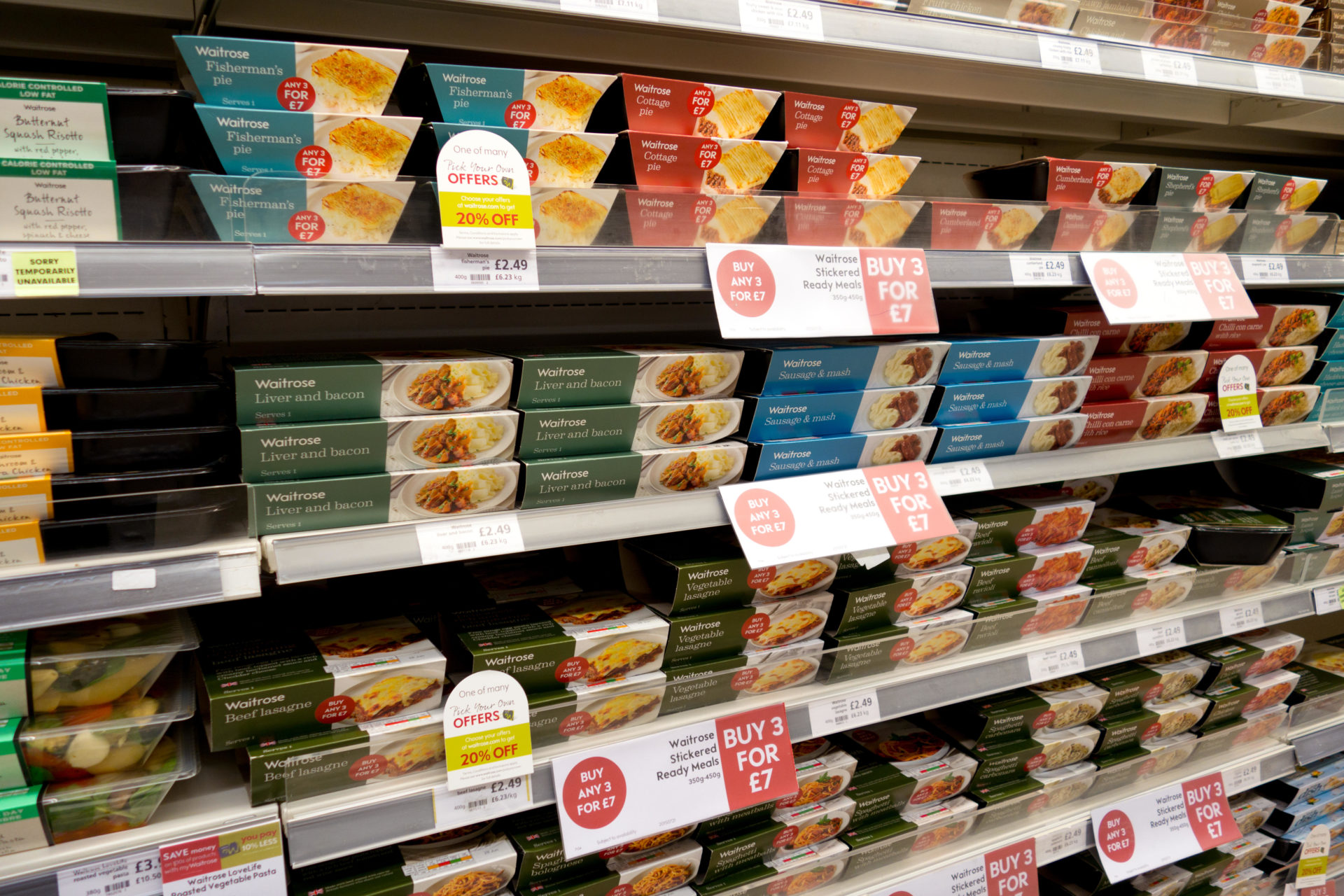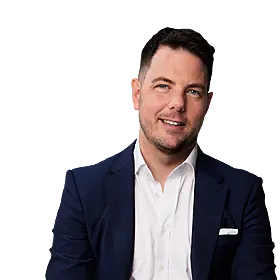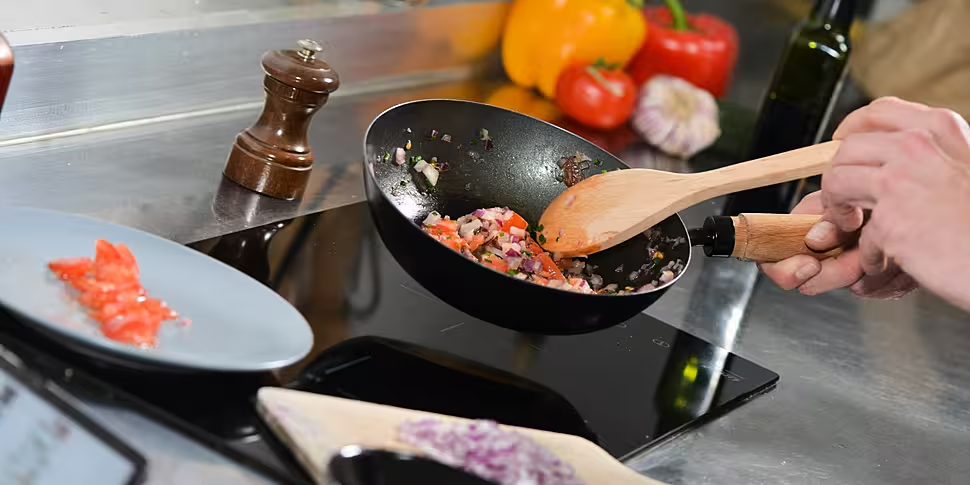How can you tell good diet advice from bad diet advice?
It is a question that dietician and Today FM presenter Shelly Grey, and Presenter on Today FM has given a lot of thought to.
As people get so much of their information from social media, increasingly it is unqualified influencers whose advice they turn to.
As a dietician, Ms Grey believes it is important that people listen to those who have a qualification in the subject.
“We have to prove our continuous professional development,” she told The Hard Shoulder.
“We are audited all the time and it’s a bit of a pain in the you-know-what for us but from a CORU point of view, their job is to protect the public.”
By contrast, Ms Grey, nutritionists do not have to go through the same rigorous system of professional qualification.
“Even though I went to college with these amazing nutritionists - I work alongside nutritionists on a daily basis - but they’re not regulated,” she said.
“Anyone can call themselves a nutritionist; so, if you are on Instagram and there’s a reel of someone who has 200,000 followers and their content is incredible, it’s aesthetically pleasing and they’re giving nutritional advice - just take it with a pinch of salt.
“Usually if it sounds too good to be true or if it’s a quick fix, it's [not worth following].”
 Ready meals for sale. Image: Kumar Sriskandan / Alamy Stock Photo
Ready meals for sale. Image: Kumar Sriskandan / Alamy Stock PhotoMs Grey said people should be especially cautious if an influencer engages in “scaremongering” in relation to diet.
“It’s… pinpointing one ingredient in a food - a dietician would never do that,” she said.
“It’s okay to have some of these in your diet if overall your diet is based on wholefoods, fresh foods etc.”
To become a dietician, a person must complete a four-year degree at undergraduate level or a two-year masters.
You can listen back here:
Main image: A chef cooks in a restaurant kitchen. Picture by: FreeProd / Alamy Stock Photo









